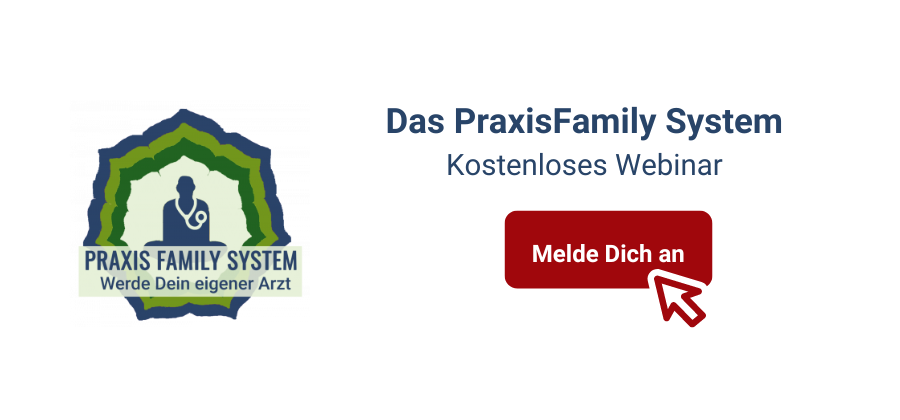The gall bladder – Everyone has heard this term, but what is the actual function of the gall bladder? Where bile comes from, which organ produces it, and how you can promote healthy bile, among other things, you will learn in this article.
The gall
The gallbladder is a small organ that sits below the liver and is connected to it. The liver produces bile and collects it in the gallbladder. The function of bile is to make fats digestible and to remove dissolved substances, such as toxins, from the liver. The toxins filtered through the liver’s detoxification function are carried to the intestines via the bile and from there are passed out of the body via the stool. In this context, it becomes clear that detoxification only works if there is good bile. Bile is composed of cholesterol, phospholipids and bile acids, in a ratio of one to five to fourteen. This means it consists of one part cholesterol, five parts phospholipids and fourteen parts bile acids.
In principle, there is sufficient cholesterol in the human body. Care must be taken to obtain sufficient phospholipids as well, which can be supplied through the diet, especially through soy lecithin or through nuts, sesame seeds and other fatty foods. Basically, however, you also get these through the consumption of fruits and vegetables, since every cell wall that once lived consists of phospholipids. Phospholipids are considered the “building material of cells”.
Bile acids are produced by the body in the liver. For this, the body needs bitter substances, which we take inadequately in today’s society. These include bitter herbs, chicory or extracts, which are specially prepared to stimulate the liver. Taurine or glycine are also important, although taurine is a difficult source in a purely plant-based diet. We get enough glycine from food, but it is important to know that any glyphosate present in the intestine and liver will displace the receptors for glycine. Glyphosate thus settles where glycine would normally settle. The end result may be a malfunction of bile production. Glyphosate can enter our bodies through food.
Physical problems and symptoms
If there is insufficient bile, toxins cannot be optimally removed from the liver, causing a backlog to form and leading to symptoms of poisoning. This can result in fatigue, exhaustion, brain fog, fog-in-the-brain syndrome to skin rash, various inflammations and many other signs associated with poisoning.
Problems in fat digestion can still occur, which means that fats are missing from the body and end up in places in the intestine where they do not belong. There, these fats may then nourish intestinal bacteria, pathogenic germs, parasites or fungi so that they can multiply. Symptoms such as flatulence and fatty stools are indications that bile acid is not functioning optimally.
Another problem may be the appearance of gallstones. These occur when the mixture of bile is not optimal. If there is too much calcium, oxalic acid or cholesterol in the bile acid in relation to the bile fluid, then this mixture crystallizes. This crystal formation ends up as a gallstone over time.
To prevent gallstones, you should eat as few foods with a high cholesterol content as possible and, in return, make sure you have a sufficient intake of bitter substances. In addition, the bile should always be in motion, which can be supported, for example, by a liver cleanse or liver massages.
With a good plant-based diet, gallbladder problems are rather rare. There are different therapeutic options for the treatment of gallstones.
Conventional medicine can dissolve gallstones under ultrasound conditions by injecting directly into the stones. Furthermore, the stones can be treated by ultrasonic wave treatment or ultimately removed by surgery. In severe or recurrent cases, total removal of the gallbladder is also possible.
In naturopathy, vitamin C is often used, which is able to dissolve certain stones. Lecithin, iodine or Rowachol also contain certain terpenes that can dissolve gallstones. However, this is only recommended for sizes up to one centimeter. In such dissolution processes, there is always a risk that the stones will get into the bile duct and lead to biliary colic with severe pain. In these cases, a doctor must be consulted urgently.
Overall, infections and too much toxins, alcohol and drugs prevent the liver from doing a good job and producing good bile acid. As long as you avoid them and follow the tips above, nothing will stand in the way of a healthy gallbladder.

